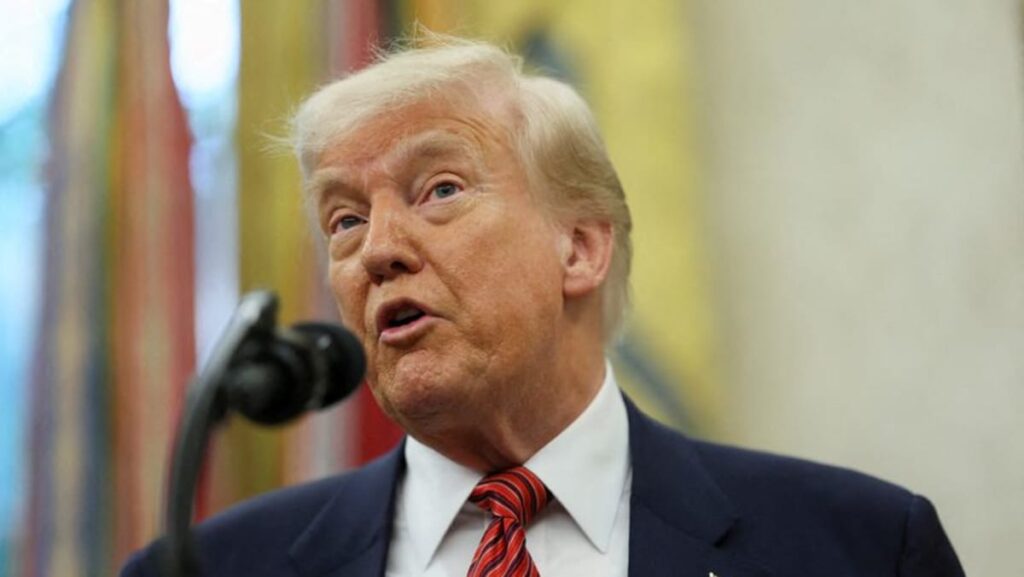A “DONE” DEAL?
The phone call paved the way for discussions in London earlier this month, during which both sides appeared to agree on a new framework to implement the Geneva agreement. Mr Trump claimed in a Truth Social post that a deal had been reached with China, pending final approval from both him and Mr Xi. He seemingly suggested that China had agreed to supply US companies with magnets and rare earth metals, while the US would ease its threats regarding the revocation of Chinese student visas.
However, there is more than meets the eye. It is hard to believe that China would agree to resume rare earth supplies solely in exchange for continued visa issuance for Chinese students. After all, control over rare earths – of which China processes 90 per cent globally – has become a significant leverage point against the US.
It is more plausible that China will continue to push the US to relax restrictions on more advanced chips, even though US Treasury Secretary Scott Bessent stated there would be no “quid pro quo” regarding easing curbs on AI chip exports to China in exchange for access to rare earths.
Meanwhile, it is believed that Chinese companies are finding ways to acquire the latest AI chips, as the US restrictions have inadvertently created a booming black market for these supplies. One industry source likens the US restrictions on AI chips to the futility of the Prohibition era in the US.
As one popular meme illustrates, Mr Trump declares, “I hold the cards,” to which Mr Xi replies, “The cards are made in China.”
Wang Xiangwei is a former Editor-In-Chief of South China Morning Post. He now teaches journalism at Hong Kong Baptist University.
https://www.channelnewsasia.com/commentary/china-us-donald-trump-xi-jinping-tariff-trade-war-policy-5193811


